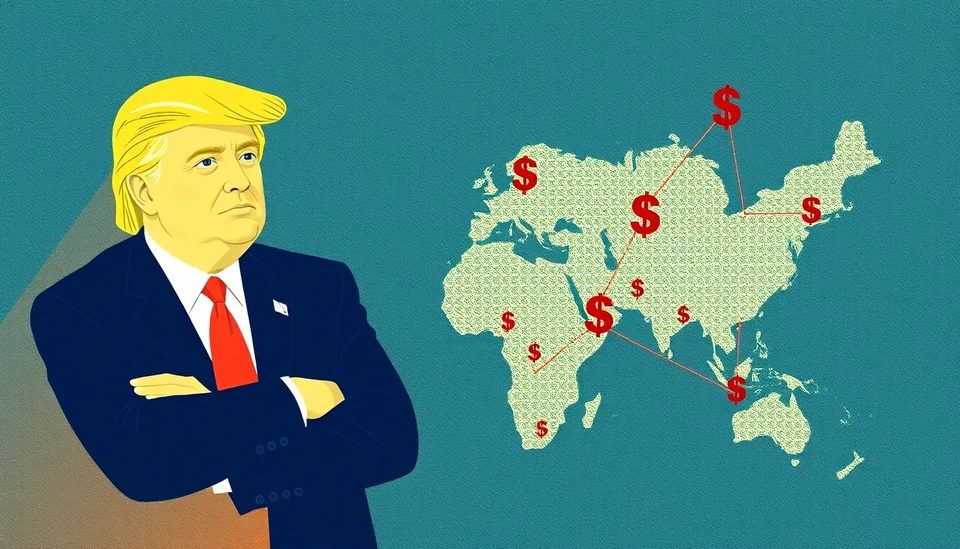
In a rapidly changing global landscape, Chief Financial Officers (CFOs) are faced with an array of new challenges, particularly related to business operations in China amid the Trump administration's policies. As international trade relationships evolve, CFOs are stepping up to the plate, reassessing risks and strategizing to safeguard their companies against unforeseen consequences.
The Trump administration brought dramatic shifts in U.S. foreign policy, particularly concerning China, which has prompted multinational corporations to analyze potential impacts on their operations and financial health. Global CFOs are increasingly recognizing that investing in robust risk management frameworks is not just a precautionary measure, but an essential strategy for long-term sustainability and success.
Major areas of concern have emerged as CFOs grapple with the implications of tariffs, trade agreements, and geopolitical tension. The uncertainty surrounding these geopolitical developments has made it imperative for financial leaders to stay informed and agile. They are calling for a diversified approach to global supply chains, which might include localizing production or seeking alternative markets to reduce reliance on any single country.
Moreover, the economic friction between the U.S. and China has amplified scrutiny over compliance and regulatory obligations. CFOs are now tasked with ensuring their companies adhere to a complex web of international laws while maintaining ethical standards and corporate governance. This involves not only financial implications but also reputational risks that could arise from tangential entanglements with regulatory challenges in either nation.
Networking among finance leaders has gained momentum, with the aim of sharing best practices and insights on navigating these turbulent waters. CFO forums and industry conferences are becoming hotspots for dialogue on strategies to mitigate risks associated with the U.S.-China relationship. Leaders emphasize that collaboration and transparency within their organizations are paramount to manage risks effectively.
The recent discussions among CFOs highlighted the need for enhanced forecasting and analytics tools to navigate the fluctuations in demand and supply chains that may result from ongoing tensions. Investments in technology are seen as crucial to achieving greater visibility across operations and to respond proactively to potential disruptions.
As 2023 unfolds, the consensus among global CFOs is clear: the landscape requires a paradigm shift in how they conduct risk assessment and management. Establishing stronger, data-driven insights into financial and operational risks will be vital for navigating this complex global scenario. This strategic pivot not only assures compliance but also positions companies favorably amid volatility, setting the stage for growth in uncertain times.
As businesses assess their footprints in China, CFOs are urged to remain vigilant and adaptable, ensuring that their strategies align with the political climate and economic realities that define the current era. The importance of leadership that can bridge the gap between finance and operational strategy has never been more pronounced, proving critical for navigating the intricate web of China-U.S. relations.
In conclusion, the role of CFOs has evolved significantly as they find themselves at the crossroads of finance, compliance, and international relations. Their ability to innovate and adapt will be essential in steering their companies through the myriad challenges posed by ongoing U.S.-China dynamics. The stakes have never been higher as CFOs arm themselves with the insights and tools necessary for resilience in the face of uncertainty.
#CFOs #GlobalBusiness #RiskManagement #China #TradeRelations #TrumpEra #Finance #Compliance
Author: Samuel Brooks
